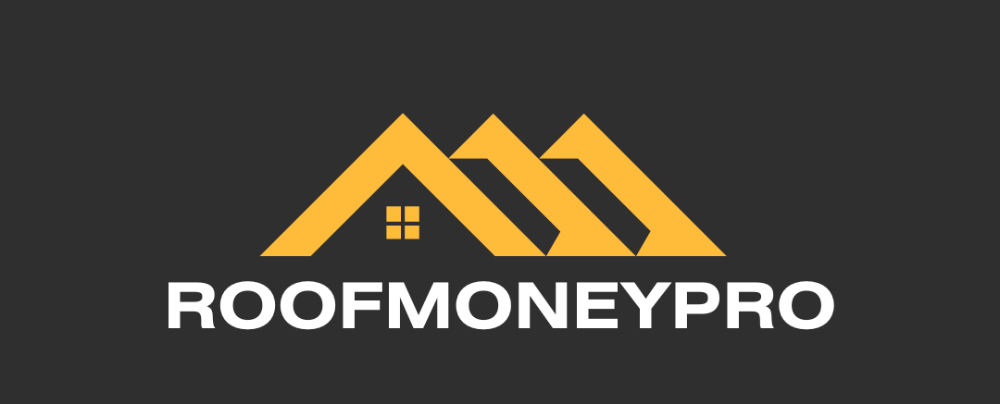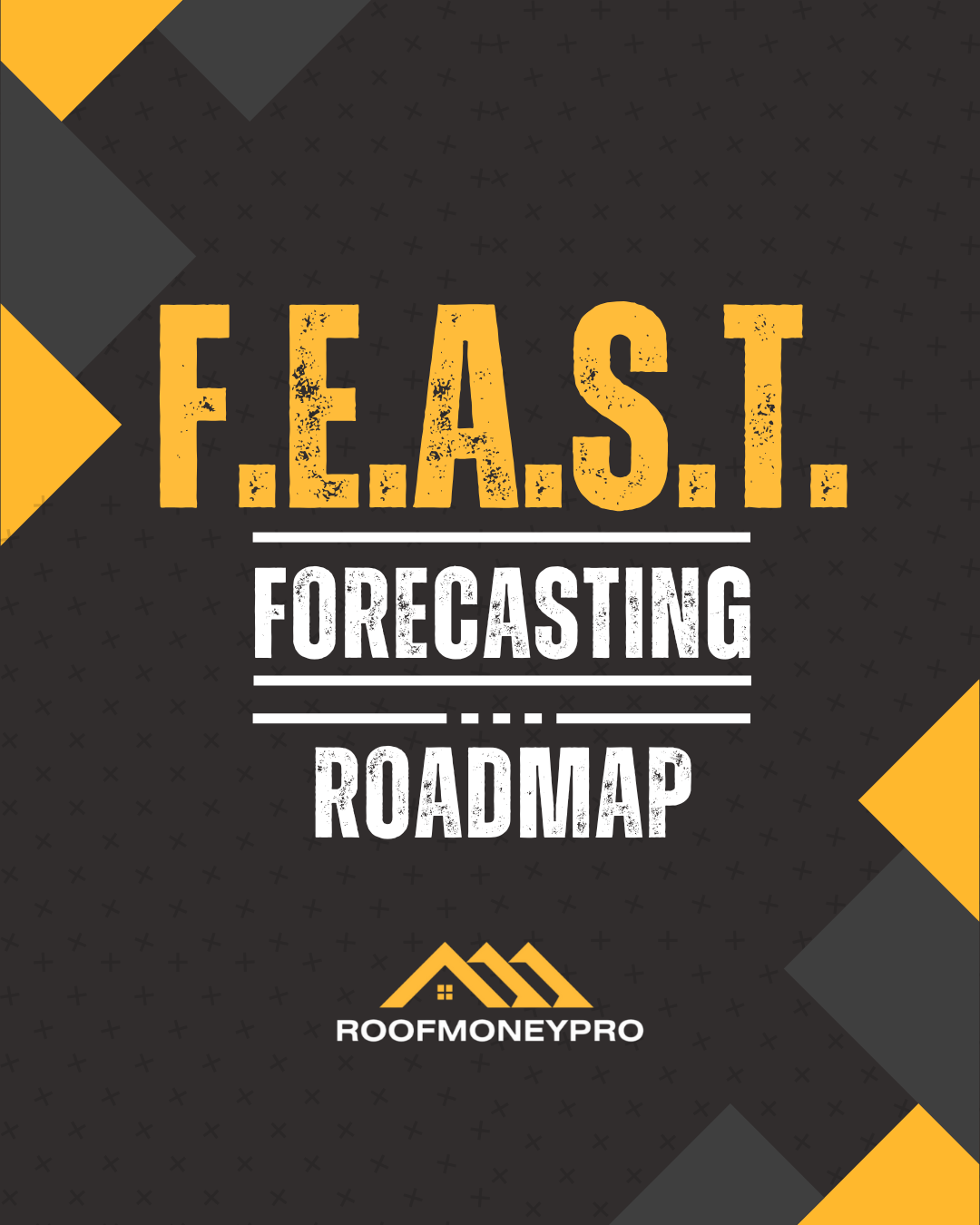Should Roofing Sales Reps Lease or Buy a Vehicle?
Oct 30, 2025
For a roofing sales rep, your vehicle isn’t just how you get from one appointment to another—it’s your mobile office, your first impression, and sometimes your biggest expense.
With miles piling up, weather conditions, and the constant need to project professionalism, deciding whether to lease or buy a vehicle is a financial decision that carries serious weight.
In this guide, I’ll break down the pros and cons of leasing vs. buying so you can choose the path that aligns with your income, lifestyle, and long-term goals.
Quick Summary:
- Why vehicles matter so much in roofing sales
- Leasing: flexibility and lower upfront cost
- Buying: ownership, equity, and long-term savings
- Key factors to consider (mileage, taxes, image, cash flow)
- Which option is best for your specific situation
Why Vehicles Are Critical in Roofing Sales
Look, I learned this the hard way my first year in roofing sales. Your vehicle isn't just transportation—it's literally your mobile office and your first handshake with every potential client.
You're gonna be driving everywhere. Morning inspections, afternoon appointments, evenings chasing storm leads. I've seen guys rack up 30,000 miles in less than a year, which is way more than your typical office job where you're just commuting.
Here's what really matters: reliability equals productivity in this business.
When your car's in the shop, you're losing money. Period. I've watched sales reps miss hot leads because their ride broke down, and those opportunities don't wait around.
And yeah, clients absolutely notice what you pull up in. You don't need a luxury car, but showing up in a beat-up clunker sends the wrong message when you're trying to sell a $15,000 roof. Your vehicle is part of your professional image, whether you like it or not.
The wear and tear is real too—constant driving, hauling ladders and samples, parking on job sites. This ain't your grandma's Sunday church commute.
Vehicle decisions are just one piece of your financial puzzle. Get the complete picture with our budgeting guide designed specifically for commission earners.
The Case for Leasing a Vehicle
Here's where leasing starts to make sense for some roofing reps. The monthly payments are usually $100-200 lower than buying new, which frees up cash flow for other investments or just breathing room in your budget.
The biggest advantage? You're driving a newer model every 2-3 years. That matters when clients are judging you before you even knock on their door. Fresh vehicle, better impression—it's simple math.
Warranty coverage is huge too. Most leases keep you covered for maintenance, so you're not sweating a $1,200 repair bill when your transmission acts up. That predictability helps you plan your finances better.
Plus, there's potential tax write-offs for business use. I'm not a CPA, so definitely talk to yours, but deducting vehicle expenses can save you real money come April.
Leasing works best if you're disciplined about mileage limits and value flexibility. If you're the type who likes having options and keeping payments manageable, it's worth considering.
The Downsides of Leasing
Okay, real talk—leasing isn't all sunshine. The mileage limits will bite you if you're not careful. Most leases cap you at 10,000-15,000 miles per year, and roofing sales reps can easily blow past that. Overage fees run about 15-25 cents per mile, which adds up fast.
Here's the frustrating part: you never build equity.
You're always making payments, always starting over. It's like renting an apartment instead of buying a house—you're paying someone else's mortgage. Insurance costs are typically higher on leased vehicles too because the leasing company requires comprehensive coverage.
I've seen guys pay an extra $50-80 monthly just because they're leasing instead of owning.
And those lease-end fees? They're brutal. Every scratch, dent, or stain gets charged back to you. When you're hauling equipment and working job sites daily, wear and tear happens. That "normal use" clause doesn't cover nearly as much as you'd think.
Bottom line: leasing feels cheaper monthly, but the hidden costs can catch you off guard.
The Case for Buying a Vehicle
Buying gives you something leasing never will—actual ownership. Once that auto loan is paid off, the vehicle is yours free and clear. No more monthly payments hanging over your head, which is a game-changer for your cash flow down the road.
The no mileage restrictions thing is massive for roofing reps. Drive 40,000 miles if you need to—nobody's charging you penalties. That freedom matters when you're covering a large territory or chasing storm work across state lines.
Long-term costs are usually lower with buying too. Yeah, the monthly payments might be higher upfront, but you're building equity instead of throwing money away. Plus, you've got resale value or trade-in credit when you're ready to upgrade.
Here's another perk: customization.
Want to wrap your vehicle with your company logo and phone number? Go for it. That mobile advertising pays for itself when homeowners call you because they saw your truck around the neighborhood. You can't do that with a lease without paying extra fees.
Buying makes sense if you're thinking long-term and want your vehicle working for you, not against you.
The Downsides of Buying
Let's be honest—buying comes with its own headaches. The upfront costs are steep. You're either dropping a big down payment or you're stuck with higher monthly car payments compared to leasing, sometimes $200-300 more per month.
Once the warranty expires, you're on the hook for repairs. That transmission replacement? That's coming out of your pocket, not the dealership's. I've seen reps get blindsided by a $2,000 repair bill right when business was slow, and it hurt.
Vehicle depreciation hits hardest in those first few years too. A new car loses about 20% of its value the moment you drive it off the lot, then another 10% each year after. That's your cash tied up in an asset that's dropping in value like a rock.
Speaking of cash—that's money you could've invested elsewhere. Maybe in marketing, maybe in the stock market, maybe just keeping it liquid for emergencies. When you buy, that capital is locked into something that depreciates instead of grows.
Buying requires more financial planning and a longer commitment, so make sure you're ready for that.
Financial Factors Roofing Sales Reps Should Consider
Your mileage is the first thing you need to calculate. If you're driving 20,000-40,000 miles annually like most roofing reps do, buying usually makes more financial sense. Those lease mileage limits will destroy your budget with overage penalties.
Cash flow matters too. Leasing offers lower monthly payments, which can free up $200-400 monthly for investing, building an emergency fund, or covering slow months. That flexibility is real money in your pocket.
Taxes are tricky, and both options have business vehicle tax deductions available. Whether you lease or buy, you can potentially write off mileage, payments, or depreciation. Seriously, consult a CPA before making this decision—the tax benefits can swing thousands of dollars either way.
How long you plan to keep the vehicle changes everything.
Keeping it 5+ years? Buying wins.
Want a new ride every 3 years? Leasing might work better.
And here's the honest question: do you value the new car look for your sales career, or are you focused on building long-term equity? There's no wrong answer, just what fits your goals.
Thinking about upgrading after a big month? Before you sign on the dotted line, read this guide on avoiding overspending after commission checks roll in.
When Leasing Makes More Sense
Leasing works for you if staying in newer models every 2-3 years matters for your professional image. Some reps love that fresh vehicle smell and the client impression it creates.
Predictable maintenance costs are another big win. When everything's under warranty, you're not sweating unexpected repair bills. You know what you're paying monthly, and that's it.
But you've gotta be disciplined about those mileage limits. If you can stick to 12,000-15,000 miles yearly, leasing can work. Track your driving for a few months before committing to see if you're actually within range.
Preserving cash flow is the real advantage here. Lower payments mean more money available for marketing, emergencies, or other investments that might generate better returns than vehicle equity. If you're strategic with that extra cash, leasing can make financial sense even if it costs more over time.
Think of leasing as a business decision about where your money works hardest, not just a car payment.
When Buying Makes More Sense
If you're driving heavy miles—and let's be real, most roofing reps are—buying is probably your best bet. No penalties, no stress, just drive as much as your territory demands.
Planning to keep your vehicle 5+ years? That's where buying really shines. Those first few years of depreciation hurt, but after year five you're riding free while a leasing person is still making payments forever.
The long-term savings and equity building can't be ignored. Yeah, you pay more upfront, but eventually that vehicle is an asset you own. You can sell it, trade it, or keep driving it payment-free.
Customization matters too if you're serious about your roofing business. Vehicle wraps, magnetic signs, roof racks for ladders—these things turn your ride into a rolling billboard. That mobile advertising works, and you need ownership to make it happen without lease restrictions.
Buying is the smarter play if you're in roofing sales for the long haul and want your vehicle investment working for your business, not the leasing company's profits.
Match the Vehicle Decision to Your Sales Career
There's no one-size-fits-all answer here, and anyone who tells you different is lying. Leasing can free up cash and keep you in a fresh ride that impresses clients, while buying builds equity and cuts your long-term costs significantly.
The right choice depends on your actual mileage, your financial goals, and how you want to position yourself as a roofing professional. Are you the rep who values flexibility and new models, or the one building long-term wealth and ownership?
Run your own numbers. Calculate your annual mileage, compare lease vs purchase calculator tools online, and think about where you'll be in five years. This decision affects your bottom line more than most reps realize.
Your vehicle is a business tool, not just a car. Treat this decision like the investment it is, and you'll come out ahead no matter which path you choose.
Run the numbers before you sign—your vehicle decision could be the difference between extra debt and extra wealth.


